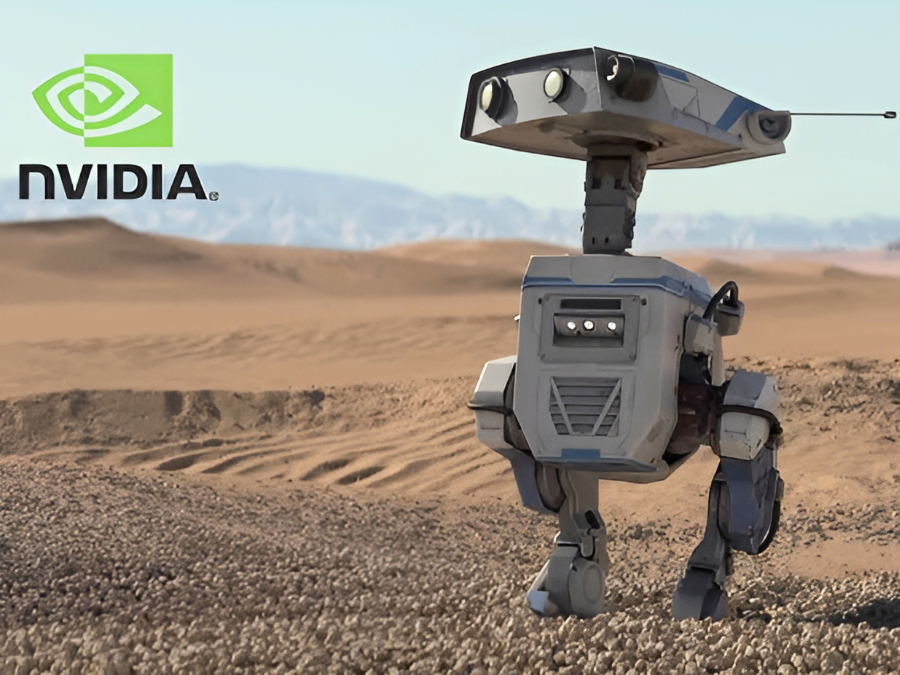Elon Musk has always treated impossible ideas like a to-do list. Now he’s targeting the entire concept of a software company. With “Macrohard”; a tongue-in-cheek jab at Microsoft; Musk isn’t just launching another AI product; he’s proposing a fully autonomous, AI-run entity that could make human developers optional. If that sounds like sci-fi, you haven’t been paying attention.
Macrohard is Musk’s boldest conceptual venture yet; a purely digital company powered by xAI’s Grok, where AI agents handle everything from coding and design to customer support and strategic decisions. No offices, no salaries, just algorithms. It’s aimed squarely at Microsoft’s core; software tools like Office, Azure, and Teams; and could redefine not just how software is made, but what a corporation even is. This isn’t a product launch; it’s a provocation.
The Macrohard Vision: How AI Agents Could Replace an Entire Company
The core innovation isn’t a single tool, but an architecture of hundreds of specialized AI agents working in concert, like a digital hive mind. Imagine coding agents writing reliable code, design agents generating UI and support agents handling queries all orchestrated without human intervention. The MoE (Mixture-of-Experts) approach is not new but scaling it to corporate levels is unprecedented. The killer feature? Pure efficiency; no coffee breaks, no creative blocks just continuous iteration. These AI agents, part of xAI’s Grok 4 multi-agent system, target enterprise software automation and autonomous software company workflows.
| Feature | Traditional Software Co. | Macrohard Model | Why It Matters |
| Workforce | Thousands of employees | AI agent swarm | Near-zero marginal cost |
| Development Speed | Months to years | Real-time iteration | Instant updates, fixes |
| Overhead | Salaries, offices, HR | Compute & energy costs | Potentially 99% cheaper |
Compared to current AI-assisted coding tools, Macrohard isn’t an incremental step; it’s a cliff edge. Today’s Copilot and Gemini Code help developers; Macrohard aims to replace them. Early tests with Grok 4 show agents already prototyping simple games and apps, but the goal is full autonomy. The risk? Hallucinations and errors could spiral without human checks. But if it works, the entire tech labor market; and software economics; face obsolescence across cloud platforms and enterprise development.
Inside Grok 4’s Multi-Agent System: Coding Without Humans
Grok 4’s agents can collaboratively build prototypes in real time. It’s raw, but the coordination is effective. That’s what sets Macrohard apart; not just faster coding, but autonomous software creation on demand within an AI-run company model.
So when does this digital leviathan launch? It’s in early development within xAI, with no public release date. Musk’s track record suggests he’ll move fast. The implications are staggering; if Macrohard can undercut Microsoft on price and speed, it could trigger a valuation reset for legacy software giants. Investors are already weighing upside for AI pioneers like xAI against the risk of market disruption in enterprise SaaS.
Macrohard isn’t a separate legal entity yet; it’s a project inside xAI. For routine software tasks, AI agents could replace developers. For creative or complex problem-solving, humans remain essential; for now.
Early reactions range from awe to alarm. Developers update résumés while investors recalibrate portfolios. The vibe feels like the early days of SaaS; everyone knows a shift is coming, but no one knows how deep it goes. If Macrohard even partially delivers, it could make the dot-com bust look like a mild correction.
The Ethics and Economics of AI-Run Companies
Experts outline societal risks: tech unemployment, market volatility, and the rise of “zombie corporations” with no employees. Macrohard may be Musk’s most dangerous idea yet; not because it’s impossible, but because it might not be. It challenges the notion of work, value, and creativity in software across AGI-era development.
Whether it succeeds or fails, it forces a conversation we’ve been avoiding. In the age of AGI, what are we even for? One thing’s clear; the future of coding won’t be written in Python; it’ll be prompted in plain English.


